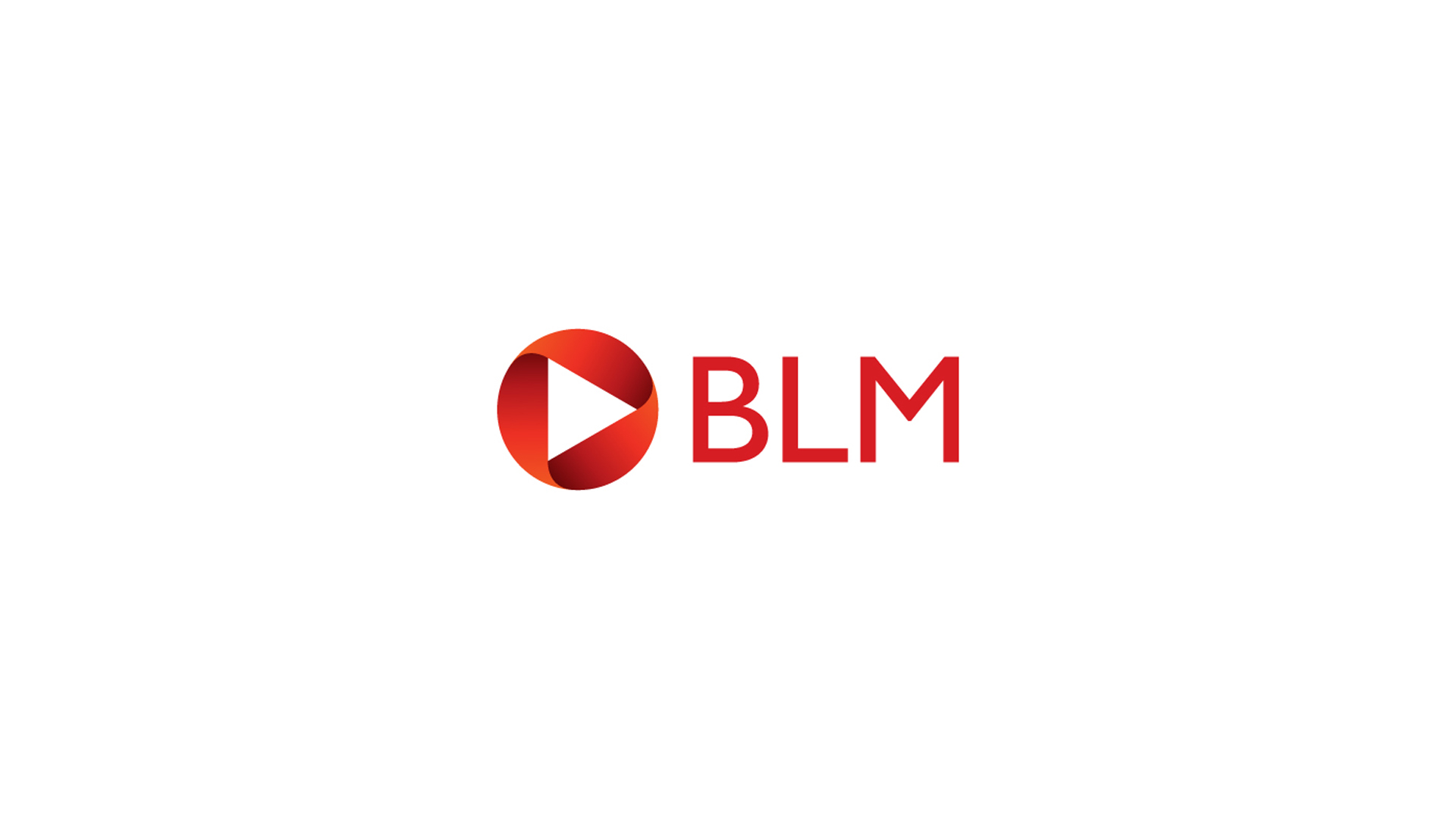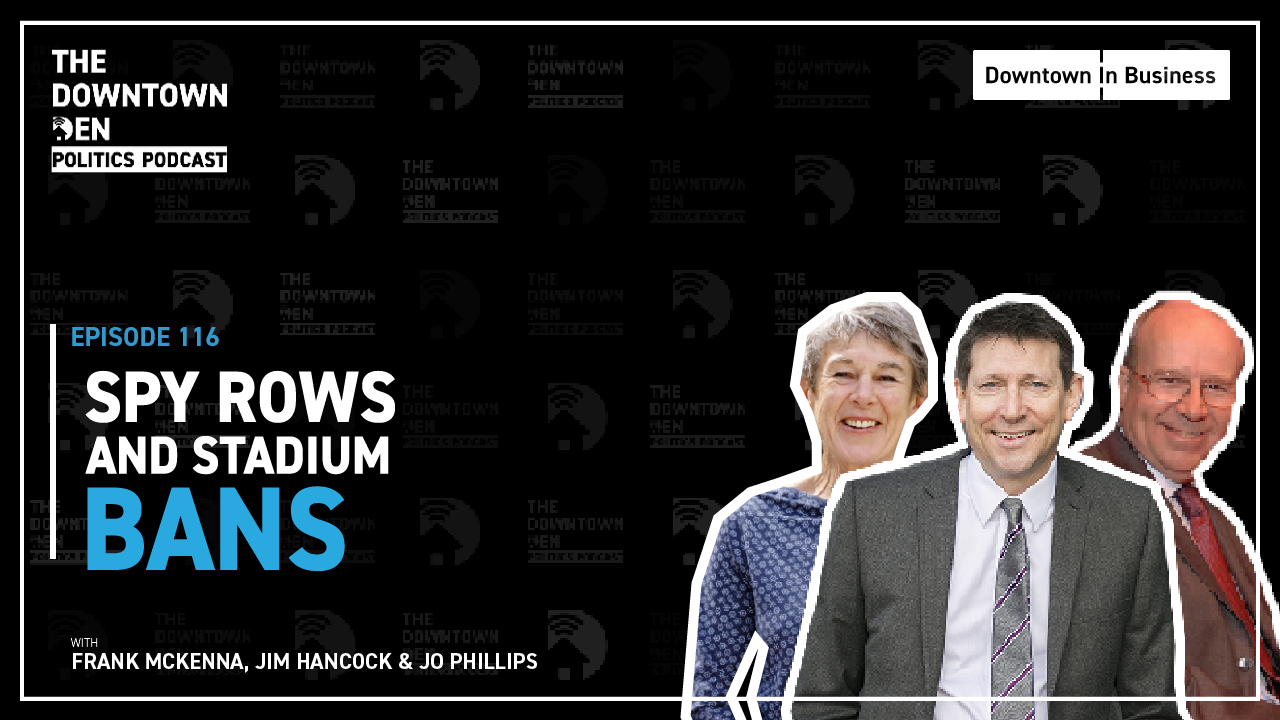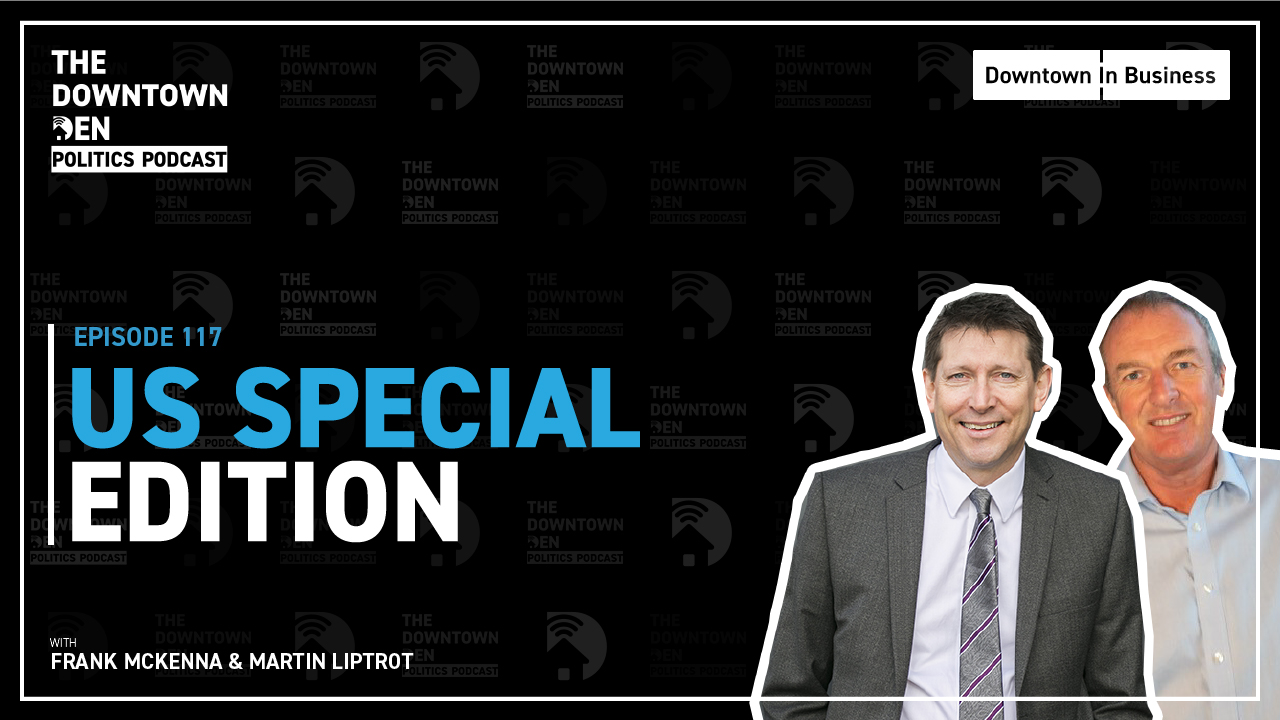The Chancellor has this evening announced a financial support package which is similar in some respects to the “furloughing” measures announced earlier this week – the Coronavirus Self-Employment Income Support Scheme.
- The income support scheme will pay people earning more than half of their income from self-employment a taxable grant worth up to 80% of average monthly income, capped at £2,500pm. It has not been made clear, but it seems likely that from this will be deducted any earnings during the period the scheme is in operation.
- Income will be calculated by taking the average of income over the last three years. Where the individual has not been self-employed for 3 years, the 2019 tax return will be the basis of the assessment. People who are “very recently self-employed” cannot benefit from the scheme, and are directed to seek help from the welfare system – Universal Credit is to me bade more accessible and advances payments will be available
- The scheme is only open to anyone with trading profits of up to £50k. Self-employed people who earn more will not qualify. It is not yet clear how this will be calculated in the case of firms in which more than one self-employed people work together. In an answer to questions, the Chancellor appeared to refer to “people or firms” who earn more than £50,000 as being excluded.
- The scheme is only open to those who derive most of their income from self-employment; individuals with a second or “side” job cannot benefit
- The scheme is only those who have submitted a tax return for 2019. However, those have not yet submitted their tax return by the due date of 31 January 2020, can still submit one for 2019 for a further four weeks from today.
- HMRC will contact eligible self-employed people directly and ask them to make an application on an online form. There are no pro-active steps which self-employed people can make. Payment will be in one lump sum covering trading shortfall for the whole three months. Those payments unlikely to be paid until the end of June, if for no other reason than the system supporting these measures is only now being set up. Payments backdated to March will be made straight into an identified bank account, confirmed via the application process.
- The scheme will remain open for at least three months, to be extended if necessary.
The Government’s package of measures to support the self-employed have been largely welcomed by the GMB, Federation Of Master Builders, Federation Of Small Businesses, Prospect, British Chambers Of Commerce and Association of Independent Professionals and Self-Employed, who referred to the package as “generous” and “a huge relief”. However, the CBI has called for clarity on how and when:
- Money will reach people, noting that financial planning will be difficult otherwise.
As with the Employee measures announced earlier this week, a great many questions remain unanswered, specifically how the scheme will work.
- New members of the self-employed workforce won’t be covered by the scheme unless a first return has been filed, and anyone earning more than £50,000 per year will also be excluded. Effectively, the self-employed are having their incomes “topped up” while they continue to work, which is very different from the provision made for furloughed employees.
- Additionally, self-employed income rarely follows a predictable graph – bad first year of three could bring average down, however we suspect that the 5 million self-employed across the UK (a number which has risen consistently and sharply after the 2008 financial crash) will welcome these measures. What may take some of the shine off this pledge, however, is the fact that the Chancellor also indicated that tax breaks for the self-employed may shortly come to an end, which is a significant policy shift.









